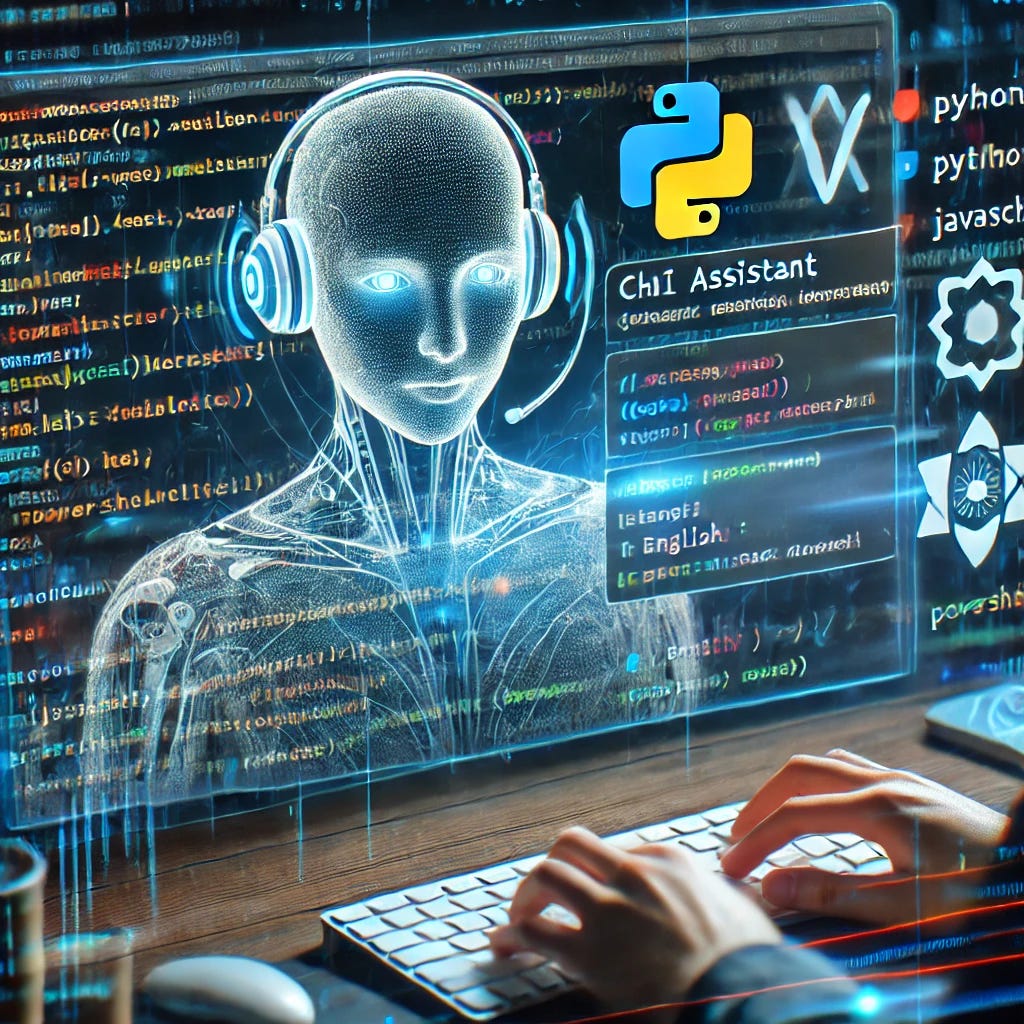Is English the New Dominant Programming Language?
Is It Worth Learning the Ins and Outs of a Coding Language in the Age of AI?
In the rapidly evolving world of technology, programming languages have always been the backbone of innovation. From the early days of C and C++, to the rise of Python and JavaScript, each language brought new capabilities and opportunities. My own journey began with C during my undergraduate studies, quickly moving to Python, and eventually learning JavaScript, Bash, and PowerShell. But now, there's a compelling new development on the horizon: the idea that English is becoming the most popular programming language.
This might sound surprising at first, but with the advent of advanced AI tools like ChatGPT and Copilot, the landscape of coding is changing. These AI-driven tools are designed to understand and generate human language, making coding more accessible to a broader audience.
Here's how:
Lowering the Barrier to Entry: Traditional programming requires learning syntax and structure specific to each language. AI tools, however, can interpret plain English commands and translate them into code. This lowers the barrier to entry for those who might find learning traditional programming languages daunting.
Enhancing Productivity: For experienced developers, AI can significantly enhance productivity. Tools like GitHub Copilot can suggest entire lines or blocks of code based on a brief description of the desired functionality. This not only speeds up the development process but also reduces the cognitive load on developers.
Improving Accuracy and Reducing Errors: AI tools can help identify bugs and suggest fixes in real-time. This can be particularly beneficial for beginners who might struggle with debugging and for seasoned developers looking to streamline their workflow.
Enabling Natural Language Interfaces: As AI continues to advance, we're seeing the rise of natural language interfaces, where users can interact with systems and databases using conversational language. This trend points to a future where English (or other natural languages) could indeed become the most popular way to "code."
However, this shift raises important questions about the value of learning traditional programming languages. Is it still worth investing time and effort into mastering the nuts and bolts of coding when AI can handle much of the heavy lifting?


